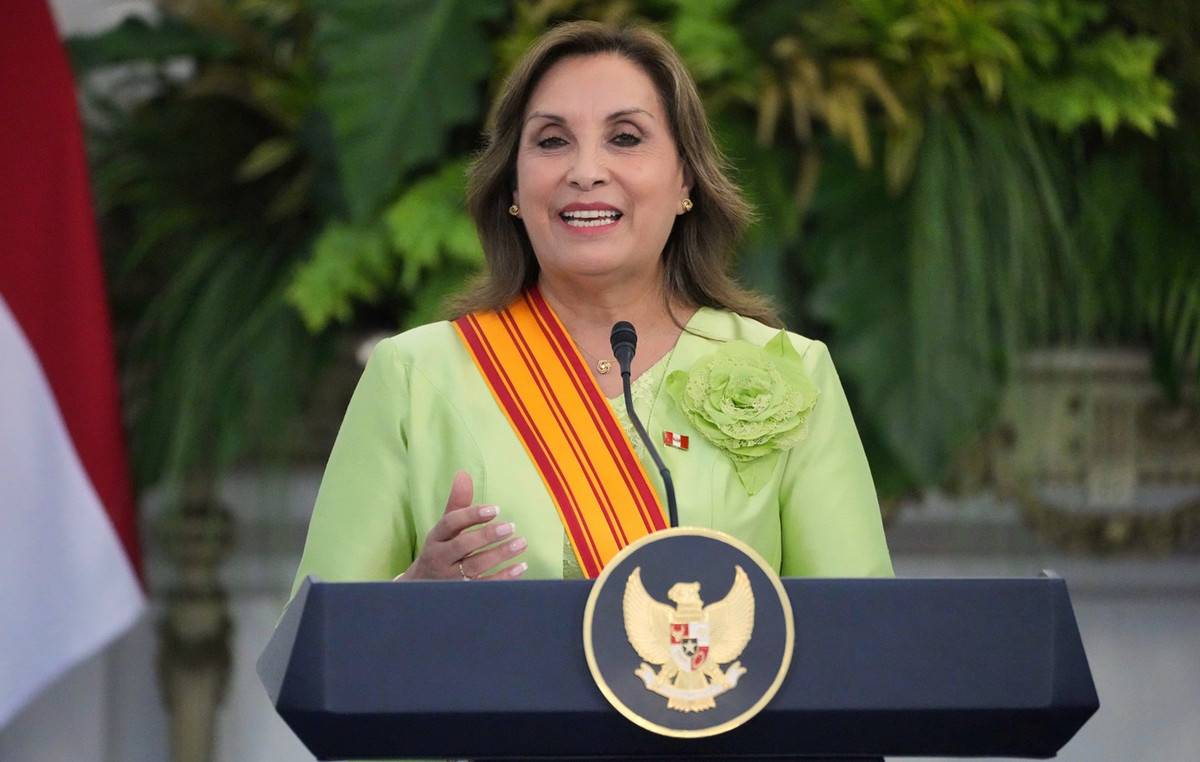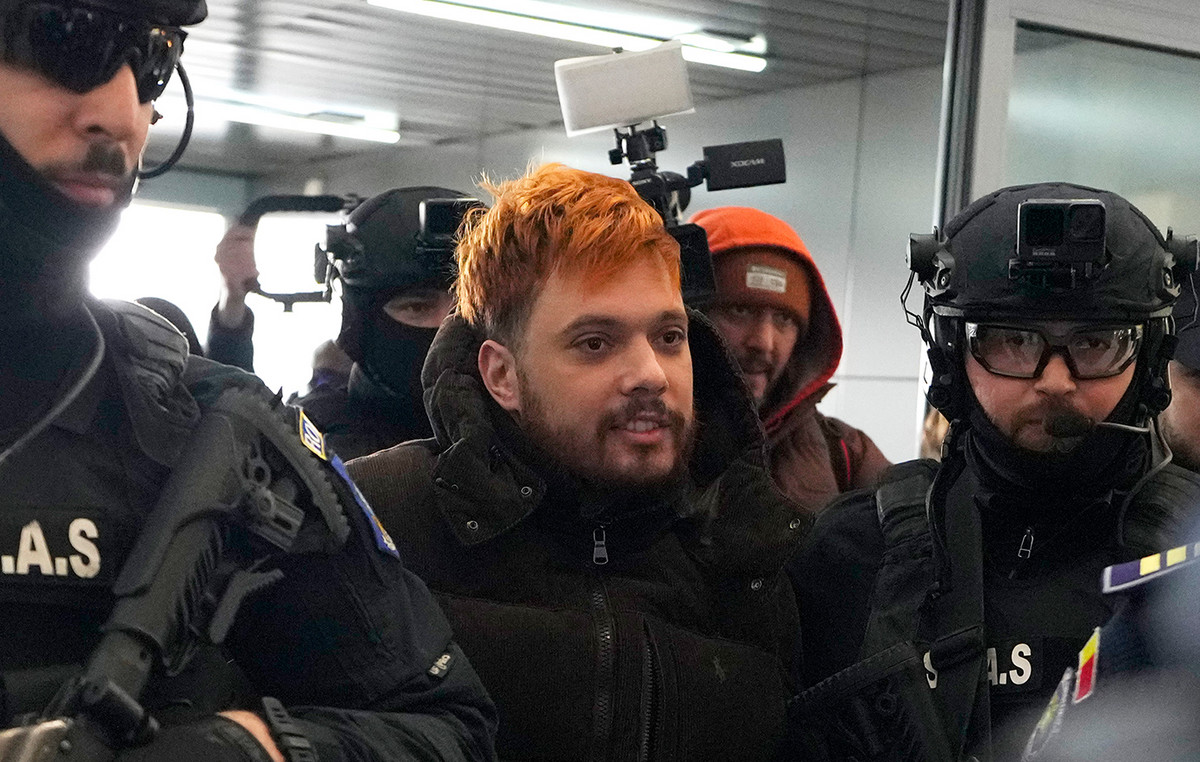The Federal Senate unanimously approved, this Tuesday (22), the bill Henry Borel (PL 1.360/2021), which proposes increasing the penalty for crimes against children and adolescents, in addition to a series of protective measures and amendments. in the Child and Adolescent Statute (ECA).
The text now goes to vote in the Chamber of Deputies. The PL’s intention is to avoid cases like that of the boy Henry, just 4 years old, murdered in 2021. Henry’s mother and stepfather, former Rio de Janeiro councilor Jairo Souza Santos Junior, known as Dr. Jairinho, answer in court for the crime.
The proposal increases the punishment for the crime of homicide against children under 14 years of age. According to the Penal Code (Decree-Law 2,848, of 1940), the penalty for simple homicide cases ranges from 6 to 20 years.
PL 1.360/2021 increases this penalty by two thirds if the author is ancestor of the victim (for example: father, mother, grandfather, grandmother), stepfather or stepmother, uncle, brother, spouse, partner, tutor, curator, preceptor or employer. of the victim, or if you have authority over the victim under the age of 14. If the victim is a person with a disability or a disease that makes them more vulnerable, the penalty can be increased from one third to one half.
The bill also includes the crime of homicide against a minor under 14 years of age among those considered hideous. According to the Federal Constitution, they are non-bailable and insusceptible to any amnesty.
Another provision of the bill provides for a penalty of 6 months to 3 years for those who fail to report to the public authority the practice of violence against children or adolescents. The same rule will apply, according to the proposal, to those who omit themselves in cases of cruel or degrading treatment, violent forms of education, correction or discipline and abandonment of the incapable.
The text also provides that, if the omission results in bodily harm of a serious nature to the victim, the penalty will be increased by half; if it results in death, it will be tripled; in case the crime is committed by an ascendant, blood relative up to the third degree, legal guardian, tutor, guardian, stepfather or stepmother of the victim, the penalty will be doubled.
Under the bill, the judge can determine the offender’s mandatory attendance at recovery and reeducation programs. If the aggressor fails to comply with protective measures imposed by Justice, the text determines that he will be subject to detention from 3 months to 2 years.
In the text approved by the senators, the judge can determine sanctions for the aggressor, such as: suspension of possession or possession of a weapon; prohibition of approaching the victim, family members and whistleblowers; removal from home; sealing contact with the victim; ban on going to certain places; restriction or suspension of visits; food basket payments as a precautionary measure; attendance at recovery and reeducation programs; psychosocial follow-up.
If the bill becomes law, the measures can be applied by the judge immediately, even without the manifestation of the Public Ministry. The text also brings the possibility of preventive detention of the aggressor at any stage of the police investigation or criminal investigation.
In addition to measures related to the aggressor, the text brings urgent protective measures to the victim, such as inclusion in social assistance or protection programs. The project also provides for measures such as institutional care or foster care and enrollment of the child or adolescent in an educational institution closer to the home or workplace of the legal guardian.
An amendment presented by Senator Fabiano Contarato (PT-ES) included in the text the obligation of the magistrate to “ensure legal assistance by a public defender or by an accredited or appointed lawyer”. In the original text of the project, it would be up to the magistrate to determine the referral of the person responsible for the child or adolescent to the legal aid agency, which, according to Contarato, would not guarantee specialized care.
The project considers violence against children and adolescents as one of the forms of violation of human rights. According to the text, any action or omission that causes death, injury, physical, sexual or psychological suffering and property damage against children and adolescents constitutes domestic and family violence.
whistleblower protection
According to PL 1.360/2021, anyone who has knowledge of cases of domestic and family violence against children and adolescents or witnesses them has a duty to report them. Communication can be made through the dial 100 service, the National Human Rights Ombudsman, the Guardianship Council or the police.
According to the text, the public power must ensure the protection of those who report or denounce the practice of violence, cruel or degrading treatment, violent forms of education, correction or discipline against children and adolescents. The project also provides that the Union, states, Federal District and municipalities can create compensation programs for whistleblowers and whistleblowers.
The witness can, under the proposal, condition the disclosure of information to certain protective measures. The text prohibits any type of retaliation, reprisal, discrimination or punishment against those who decide to report situations of violence. If coerced or exposed to a serious threat, the whistleblower can also apply for protective measures.
data system
The text also determines the integration of statistics on domestic and family violence against children and adolescents gathered in the System for Guaranteeing the Rights of Children and Adolescents, in the Unified Health System, in the Unified Social Assistance System and in the Justice and Security System. .
The PL also provides that the sharing of information must ensure the confidentiality of the child’s and adolescent’s personal data. The data should be used to map, prevent and avoid the repetition of violent situations. Another application of statistics should be to promote the integral reparation of the rights of children and adolescents.
According to the text, the Union, states, Federal District and municipalities can create comprehensive and multidisciplinary care centers, spaces for family reception, sponsorship programs, police stations, public defender centers, health services and specialized medical-legal expertise centers. .
The public power would also be authorized to promote programs and campaigns to combat domestic and family violence, as well as create education and rehabilitation centers for aggressors.
Source: CNN Brasil







